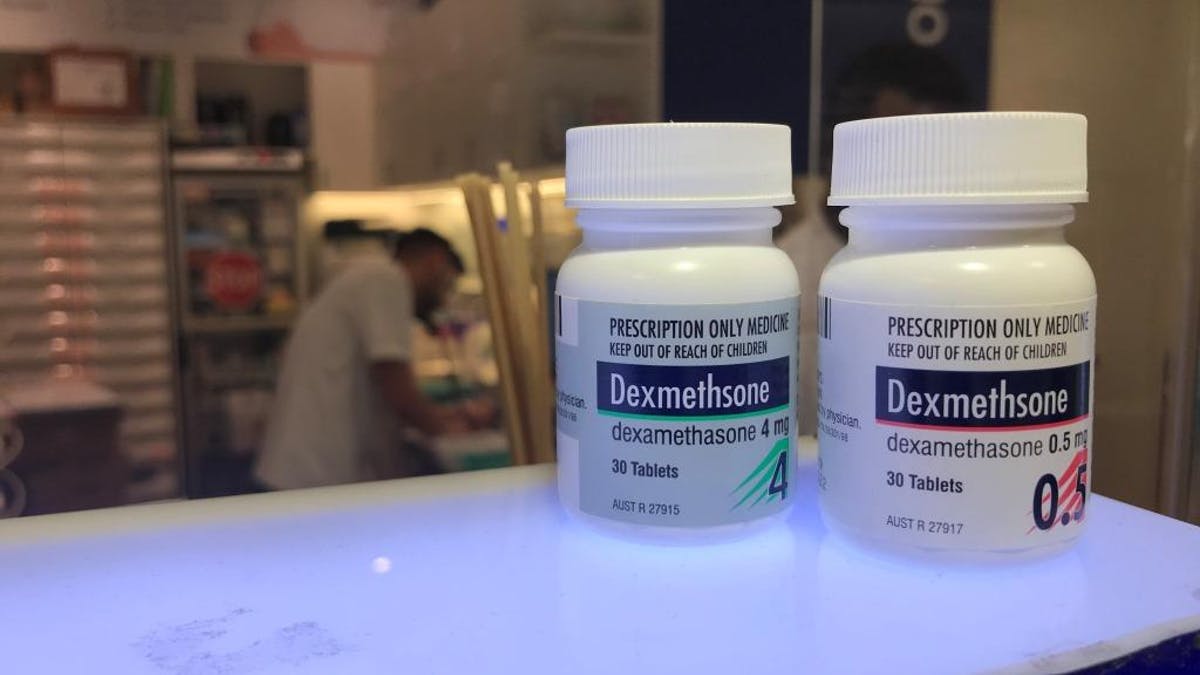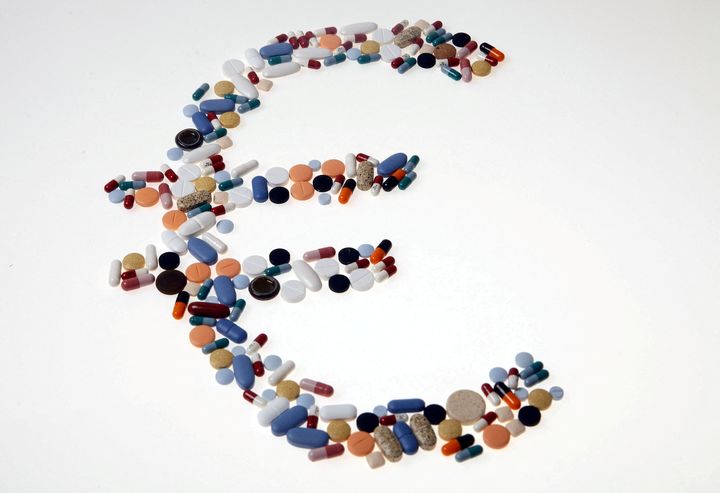Common steroid dexamethasone can reduce coronavirus deaths, study finds

A few minutes every morning is all you need.
Stay up to date on the world's Headlines and Human Stories. It's fun, it's factual, it's fluff-free.
On Tuesday, scientists at the University of Oxford had a “major breakthrough” in clinical trials for a COVID-19 treatment. Researchers have found evidence that dexamethasone, a cheap and widely available drug, can significantly reduce mortality in patients experiencing severe respiratory symptoms from COVID-19.
In severely ill patients, the virus directly attacks cell linings in the airways and lungs and the infection can also lead to an overwhelming immune reaction whereby the body attacks itself.
Dexamethasone – an anti-inflammatory steroid typically used to treat conditions such as arthritis, asthma and skin diseases – appears to reduce this immune system overreaction.
In the RECOVERY (Randomised Evaluation of COVid-19 thERapy) trial, researchers reported that the drug reduced mortality by one-third in patients on ventilators, and by one-fifth in patients receiving oxygen.
However, no benefit was found among patients who did not require respiratory support.
Doctor Peter Horby, Professor of Emerging Infectious Diseases in the Nuffield Department of Medicine at the University of Oxford, and one of the chief investigators for the trial said, “Dexamethasone is the first drug to be shown to improve survival in COVID-19. This is an extremely welcome result.”
“The survival benefit is clear and large in those patients who are sick enough to require oxygen treatment, so [it] should now become standard of care in these patients. Dexamethasone is inexpensive, on the shelf, and can be used immediately to save lives worldwide,” he added.
The trial led by Dr. Horby was a randomized, controlled clinical trial which is considered by experts to be the ‘gold standard’ for medical research. They administered low doses of the drug daily to approximately 2,000 severely ill COVID-19 patients, either orally or intravenously, over a 10 day trial period. Their results were then compared with approximately 4,000 patients who received the usual care.
For patients on ventilators, it cut the risk of death from 40% to 28%, and for patients needing oxygen, this number was reduced from 25% to 20%.
The trial was subsequently stopped early because the investigators felt that the benefit was obvious.
Based on these results, one death would be prevented by the treatment out of approximately eight ventilated patients, and for patients that just require oxygen, this number increases to around 20 to 25. Researchers also suggested that had this drug been used to treat patients in the United Kingdom from the start of the pandemic, an estimated 5,000 lives could have been saved.
Britain’s Health Secretary Matt Hancock said doctors in the country’s National Health Service (NHS) started administering the inexpensive drug as the standard treatment for hospitalized COVID-19 patients on Tuesday afternoon.
Hancock also said that the UK government has been stockpiling dexamethasone for several months based on early indicators of its potential benefit, and now have around 200,000 doses immediately available for distribution.
Researchers are typically required to extensively detail their work in scientific journals and seek external review to verify the study before officially publishing their findings – all of which has yet to happen with dexamethasone. This process typically takes weeks or even months to complete.
Yet, several health care experts maintain that while findings are optimistic, they are still based on tentative research. With scientists scrambling to identify potential COVID-19 treatments, even some high-profile findings from reputable institutes have been found to be problematic after their hasty release.
On Monday, the United States Food and Drug Administration (FDA) rescinded its emergency authorization of anti-malarial drugs hydroxychloroquine and chloroquine, which have been repeatedly endorsed by US President Donald Trump as an effective COVID-19 treatment. Earlier this month, the New England Journal of Medicine and The Lancet retracted major studies because of flawed data.
“I think there’s a good-hearted motivation to try to get helpful findings out as fast as possible, but that can certainly backfire," said Dr. George Anesi, director of the Medical Critical Care Bioresponse Team at the Hospital of the University of Pennsylvania.
“The scientific process exists for a reason … We shouldn’t be doing science by press release,” he added.
Other medical professionals have expressed concerns over the lack of data available regarding factors such as the severity of the patients’ illness or how the drug could affect certain populations differently.
“Was it all predominantly Caucasians, or was there a wide variety of different ethnicities, different socioeconomic backgrounds?" asked the chief of infectious disease at Holy Name Hospital in Teaneck, New Jersey, Dr. Suraj Saggar. “Was it all patients who were diabetic, or did it give a good representation of other patient demographics?"
Randomized and controlled clinical trials are designed to account for individual differences between patients, “but sometimes that’s not the case,” said Dr. Hugh Cassiere, director of critical care medicine at Northwell Health’s North Shore University Hospital.
“You [might] have patients who are sicker in the placebo group, and they’re more likely to die compared to the treatment group, so you’re not really comparing apples to apples,” he said.
Doctors also need more information about the drug’s potential long-term side effects.
“This group has credibility,” said Dr. Jeremy Faust, an emergency room physician at Brigham and Women’s Hospital in Boston. “But what are the neurological outcomes? Do we just cause prolonged suffering in one in eight patients on vents? Or did we help many? No clue!”
No information was given on side effects, but the Oxford researchers said they used a low dose and for a short time, which is generally considered to be safe.
Dr. Jose Scher, a rheumatologist at New York University, said the drug may represent a “major breakthrough,” but noted that the data has yet to be published in full.
“It has to be published and peer reviewed, but if it is in fact true, this is a major breakthrough,” he said.
But “all these communications, without the actual data, should be taken with caution.”
Have a tip or story? Get in touch with our reporters at tips@themilsource.com




Comments ()